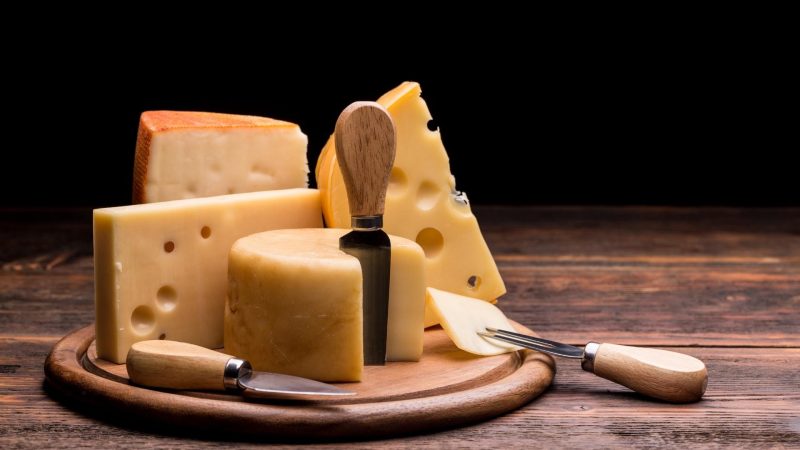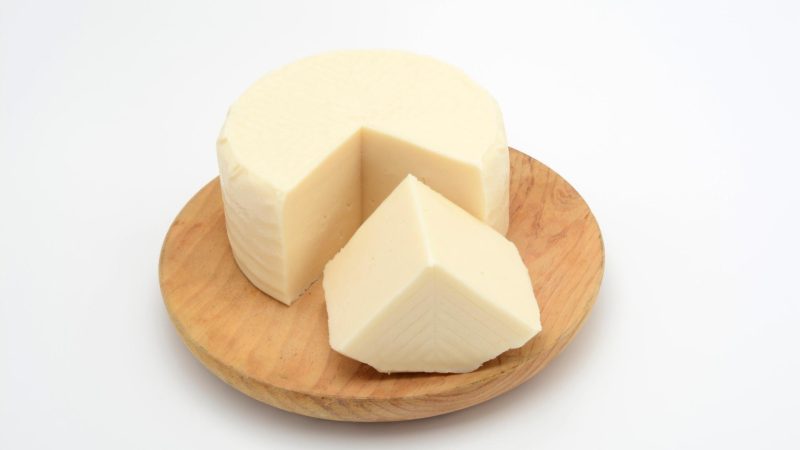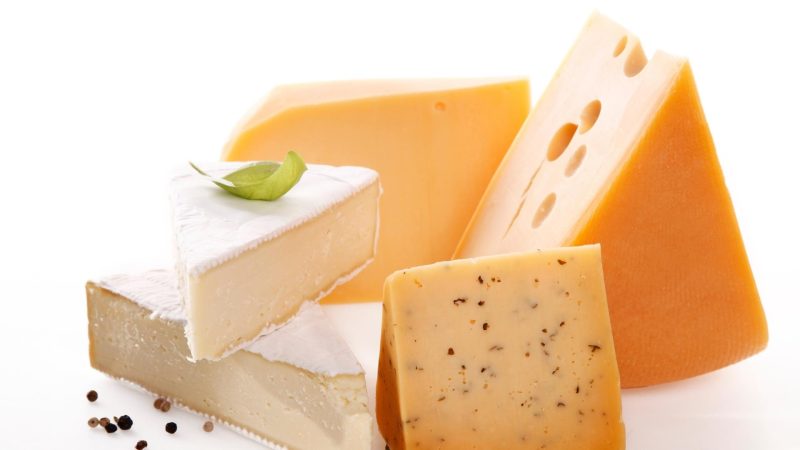We can use cheese in many different recipes. When in a rush, some grilled cheese sandwich always does the trick. We can also enjoy some breaded cheese, mac and cheese, toasts, pastries, and more cheesy foods.
There is no denying that cheese is everyone’s favorite, but we must always check if this is healthy for the guinea pigs.
Can guinea pigs eat cheese? No, guinea pigs lack a special enzyme that is needed for digesting dairy products. In other words, the guinea pigs are lactose intolerant. So, as a result of eating dairy products, they could get severe stomach problems or digestion problems among other things.
Too bad that your cavy cannot try the delicious cheese. You know that people who are lactose intolerant will cramp them up immediately.
Well, imagine that happening to your lovely, small guinea pig. In the following sections below, we will discuss in detail the risks of feeding your guinea pig any type of cheese.
Table of Content
Are Cheese Good for Guinea Pigs? | Health Benefits

Unfortunately, the guinea pigs cannot consume cheese or anything dairy for that matter. The dairy products will cause them tremendous health problems. We mentioned how the guinea pigs are lactose intolerant, and this means dairy things are never an option.
There are no great benefits from cheese for the cavy, just a few minerals, and vitamins that are otherwise found in the fresh produce as well. The cheese will only damage the health of guinea pigs since it contains a lot of salt, fat, and calcium.
Nutrition Facts of Cheese

These are the nutrition facts for cheddar cheese, 100 g (3 oz):
- High in calories – 403
- Carbs – 1.3 g
- Protein – 24.9 g
- Fiber – 0%
- Sugars – 0.5 g
- Fat – 33.1 g
- Vitamin A – 20%
- Vitamin C – 0%
- Vitamin D – 3%
- Thiamin – 2%
- Vitamin E – 1%
- Vitamin K – 3%
- Riboflavin – 22%
- Vitamin B6 – 4%
- Vitamin B12 – 14%
- Pantothenic acid – 4%
- Calcium – 72%
- Iron – 4%
- Phosphorus – 51%
- Sodium – 26%
- Selenium – 20%
- Manganese – 1%
- Cholesterol – 105 mg
Is Cheese Bad for Guinea Pigs? | Possible Risks

Cardiovascular Problems
The cheese has a lot of cholesterol, sodium, and fats. All of these things are bad for the cardiovascular system, especially when consumed in excess.
The cholesterol can build up in the arteries and this causes problems with the blood flow in the whole organism.
Moreover, the sodium creates water retention and raises blood pressure. And, excess fat contributes to the same bad effects on the circulatory system and heart work, clogged arteries and pressure problems.
Urinary Problems
There is a lot of calcium and phosphorus in cheese. Calcium and phosphorus are the minerals for strong bones, but they are harmful to the grown cavies.
Excess of these minerals makes bladder and kidney stones in guinea pigs, painful urinating, bloody urine, and infections in the urinary tract.
The worst case scenario is the fatal one, a renal failure when kidneys don’t function anymore.
No Scurvy Prevention
The bad thing about cheese is that it has no vitamin C at all. Guinea pigs need this vitamin for survival.
Without it, they get the scurvy disease which can be fatal Some of its symptoms are: no appetite, weight loss, rough coat, discharge, bleeding, and diarrhea.
Bad Digestion
If the guinea pig eats cheese, the digestion afterward will be awful. Cheese has no fibers, and this means more painful digestion and even constipation.
Also, cavies lack the enzymes for digesting dairy products, so there might be constipation, and then diarrhea too.
Moreover, cheese also has some amount of sugar. Cavies don’t digest sugar well, so this will only increase the cramps and digestion problems.
Fun Facts on Cheese

The following are some fun facts about cheese:
- The cheese was created by pure accident 4000 years ago. Milk was stored in a special container and this was lined with the stomach of an animal. The stomach enzyme made the milk separate into solids and liquids. The solids (curd) is cheese.
- For 1 pound of cheese, you need 10 pounds of milk.
- In the USA, more than 25% of cheese is made in Wisconsin.
- Certain types of cheese are illegal in the USA due to concerns with bacteria. Such cheeses are those that are aged less than 60 days.
- The popular belief is that mice like cheese. But, this is wrong. Mice prefer sugars and carbs.
- The cheddar cheese is not naturally orange in color.
- Cheese is the most stolen food item worldwide!
- President Andrew Jackson once ordered a large block of cheddar cheese to his white house. It was 2 feet thick, 4 feet diameter, and almost 1400 pounds!
- There is a law in Wisconsin that says with every meal in restaurants, there has to be cheese on the side too.
- There exist more than 2000 varieties of cheese worldwide.
- Queen Victoria (1819-1901) received an awesome wedding gift; cheddar cheese of over 1000 pounds.
- The heaviest cheese in the world produced was 57,518 pounds.
We have also made a full list of foods that guinea pigs can and can’t eat (150+ Types of Foods). Be sure to also check our recommended products page for everything you will ever need to assure a happy life for your guinea pigs. Hope this information was helpful and you have found the answer you were looking for.
List of Sources
Nutrient Requirements of Laboratory Animals: Fourth Revised Edition
The Effects of Diet on Anatomy, Physiology and Health in the Guinea Pig
